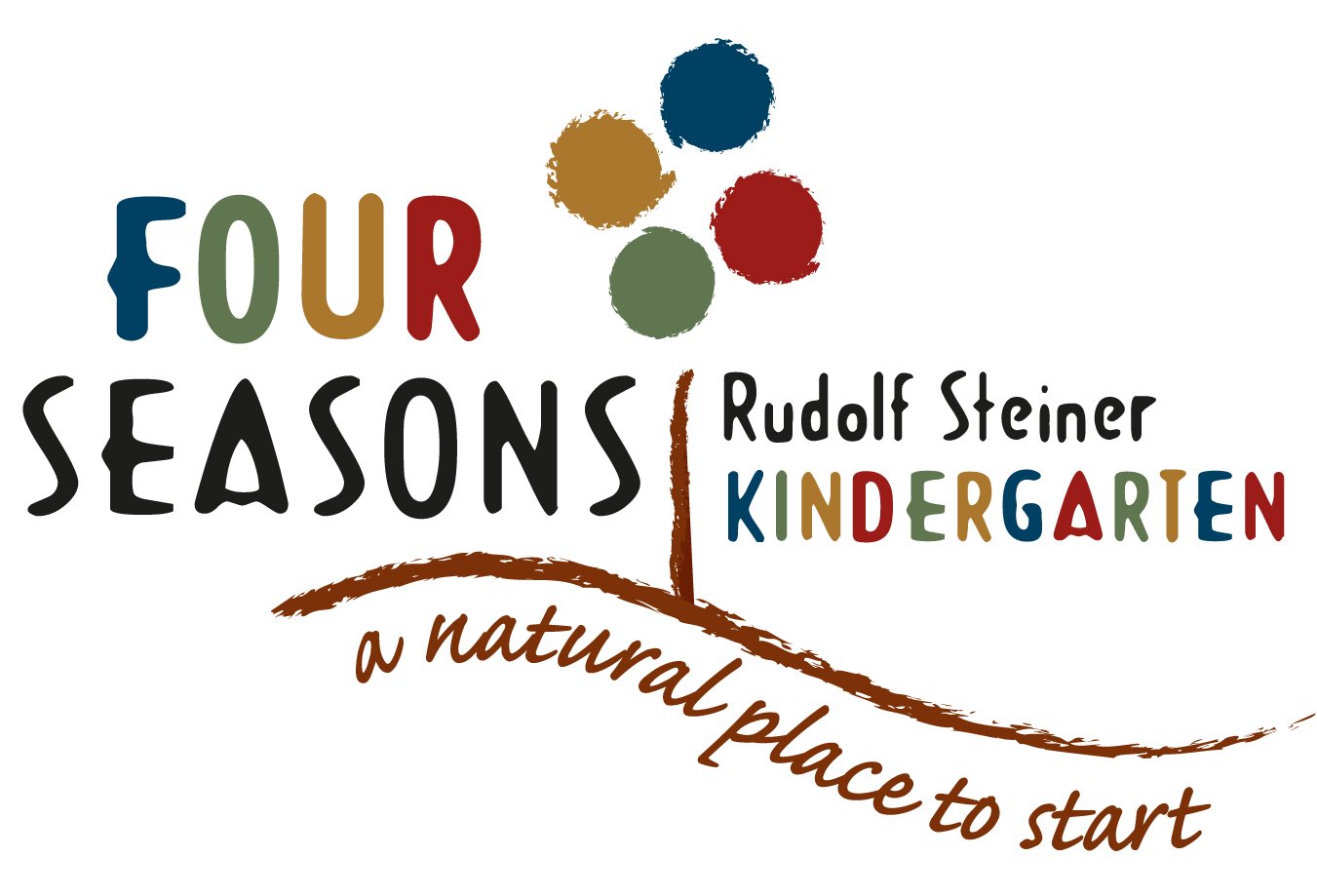Our Philosophy
“Ngā tamariki nga rangatira mo āpōpō.
Our children are our leaders of tomorrow.”
Four Seasons Rudolf Steiner Kindergarten embraces an unhurried approach to childhood, providing a natural environment that is homely, secure, and nurturing; held through rhythm. We acknowledge and honour the distinctive qualities inherent at each stage of tamaiti development and the importance of fully embracing these stages before progressing to the next phase of education. We hold early childhood as a pivotal time for nurturing the development of the will, facilitated through self-directed play. Kaiako strive to be worthy role models, understanding tamariki learn through imitation.
Honouring and embracing Te Tiriti and the biculturality of Aotearoa, we weave Te Ao Māori, including te reo Māori, into our curriculum and daily life at Four Seasons. We are dedicated to kaitiakitanga, fostering a sense of awe, respect, and responsibility for Te Taiao within our practices. We recognise the intrinsic connection within the Four Seasons community, tamariki, whānau, kaiako, and the natural world.
Recognising the importance of whānau input as an integral aspect of our curriculum, we intentionally dedicate time to foster connections with whānau, sharing development and learning experiences. The principles of Te Whāriki and the Steiner Waldorf Early Childhood Essentials for Aotearoa inform our curriculum. Both documents support our belief of tamariki as being confident and competent learners. We prioritise inclusivity, striving for equitable outcomes for all tamariki while remaining culturally responsive. Waldorf education, developed by Rudolf Steiner (1861-1925) is based on an understanding of human individuality as a being of body, soul and spirit. Body, soul and spirit in this context means:
Te Taha Tinana- the active physical and physiological organism
Te Taha Hinengaro – the thinking, feeling and willing human soul
Te Taha Wairua – self/identity (the spiritual core of each human being
New review May 2025
